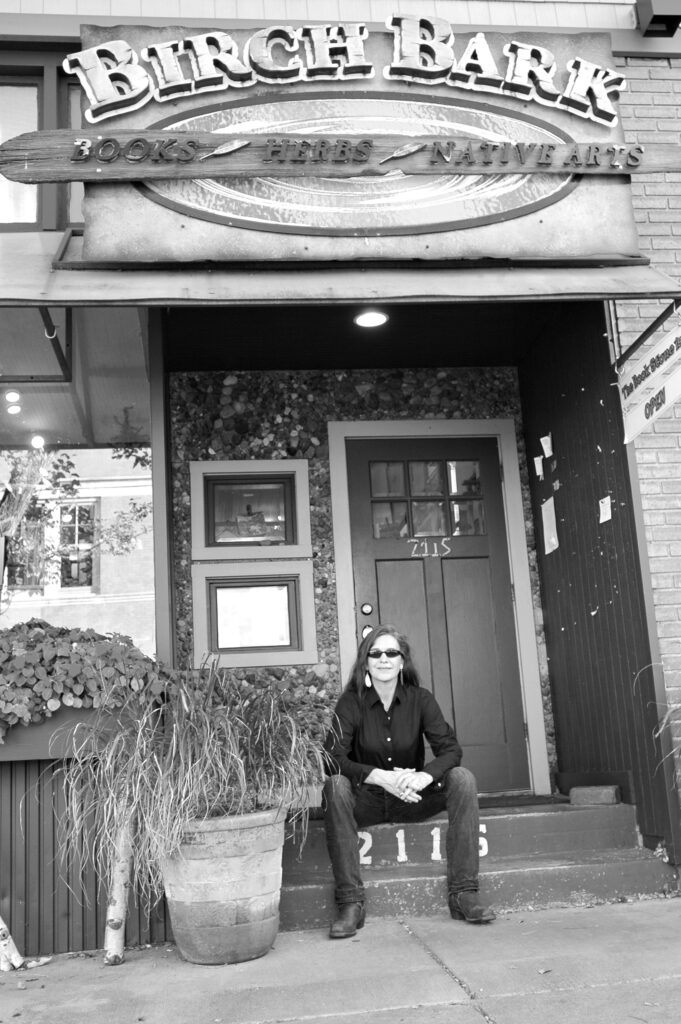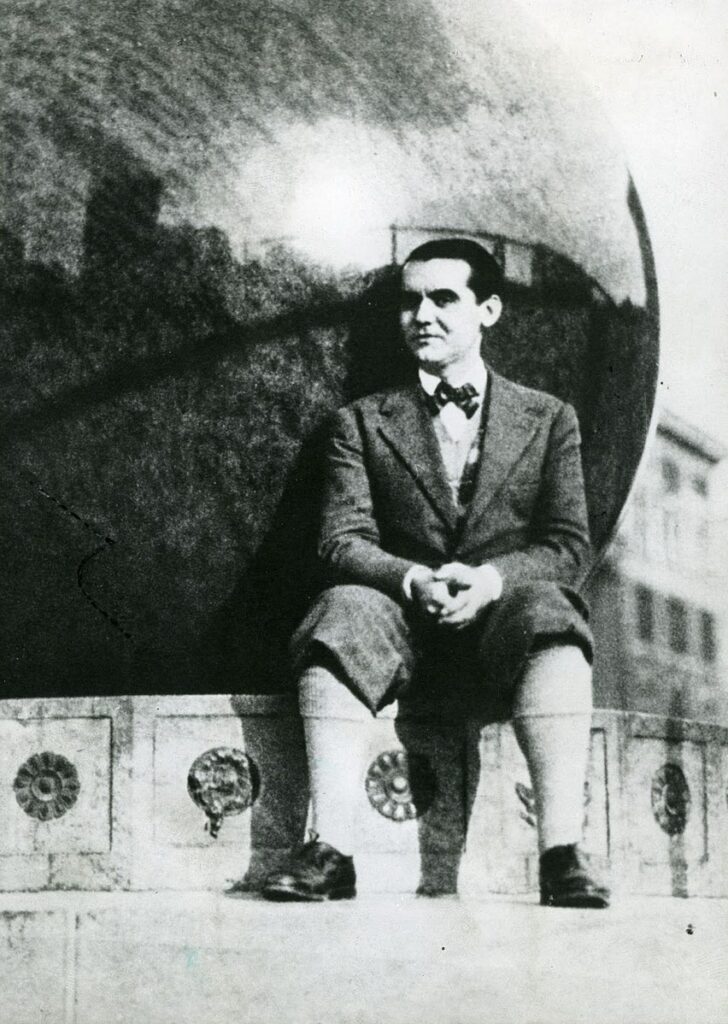Photograph by Angela Erdrich.
The Paris Review’s Writers at Work interview series has been a hallmark of the magazine since its founding in 1953. These interviews, often conducted over months and sometimes even years, aim to provide insight into how each subject came to be the writer they are, and how the work gets done, and can serve as a kind of defining moment—crystallizing a version of the writer’s legacy in print. Of course, after their interviews appear in our pages, many writers just keep going, and their lives undergo further twists and turns. Sometimes, too, there are gaps and omissions in the original interviews that can become clear as time goes on. This is part of why we’re launching a new series of web interviews called Writers at Work, Revisited. The first will be an interview by Sterling HolyWhiteMountain with Louise Erdrich, who was originally interviewed for the magazine in 2010.
***
Americans have most often viewed Indians through an anthropological lens; the desire to understand us through difference overtakes all else and creates a permanent distance between the seer and the seen. It is the oldest story in America, and over time has exerted such pressure on Indians that we’ve become explainers nonpareil in every facet of our lives—our fiction being no exception. Once you see it you cannot unsee it; the sheer amount of explaining directed at non-Native readers that takes place in Native writing is remarkable. The best of us, though, continue to do what good writers in this country have always done: produce fiction that is more in conversation with the aesthetic lineage of English literature than any particular audience or political question. From the start Louise Erdrich’s writing has had this quality, and her large body of work is a lodestar for the Native writers who have come after her, showing us how to write past America’s ideas and expectations about Indians into places both more tribally specific, and more human. Her work acts as the primary bridge between the writers of the Native American Renaissance—N. Scott Momaday, James Welch, Leslie Marmon Silko—and the explosion of Native writing currently taking place. Her characters, regardless of their culture or history, remind us of that great paradox of humanity, that we are all profoundly different, and very much the same. Perhaps most importantly her work reminds us that good fiction is made up of good sentences.
I had expected, because of her lack of public presence, to meet a writer who was something of a recluse. When I finally made it to Minneapolis, however, I found her to be open, self-effacing, funny, generous, and troublingly up-to-date on the politics of the moment—in both America and Indian country. She was also familiar to me in that way Indians are regardless of what tribe or geography they come from. She spends most days, when she is not traveling to various parts of the Midwest for familial and ceremonial reasons, working in her bookstore, Birchbark Books, one of the finest independent bookstores in the country. The store is the only one of its kind: owned and curated by a major Native writer, run by Native employees, where you can find a copy of Anna Karenina a few feet from abalone shells and sweetgrass. Louise was gracious enough to take time from her usual day of working in the back office to talk with me in the basement of the store.
Copyright
© The Paris Review










